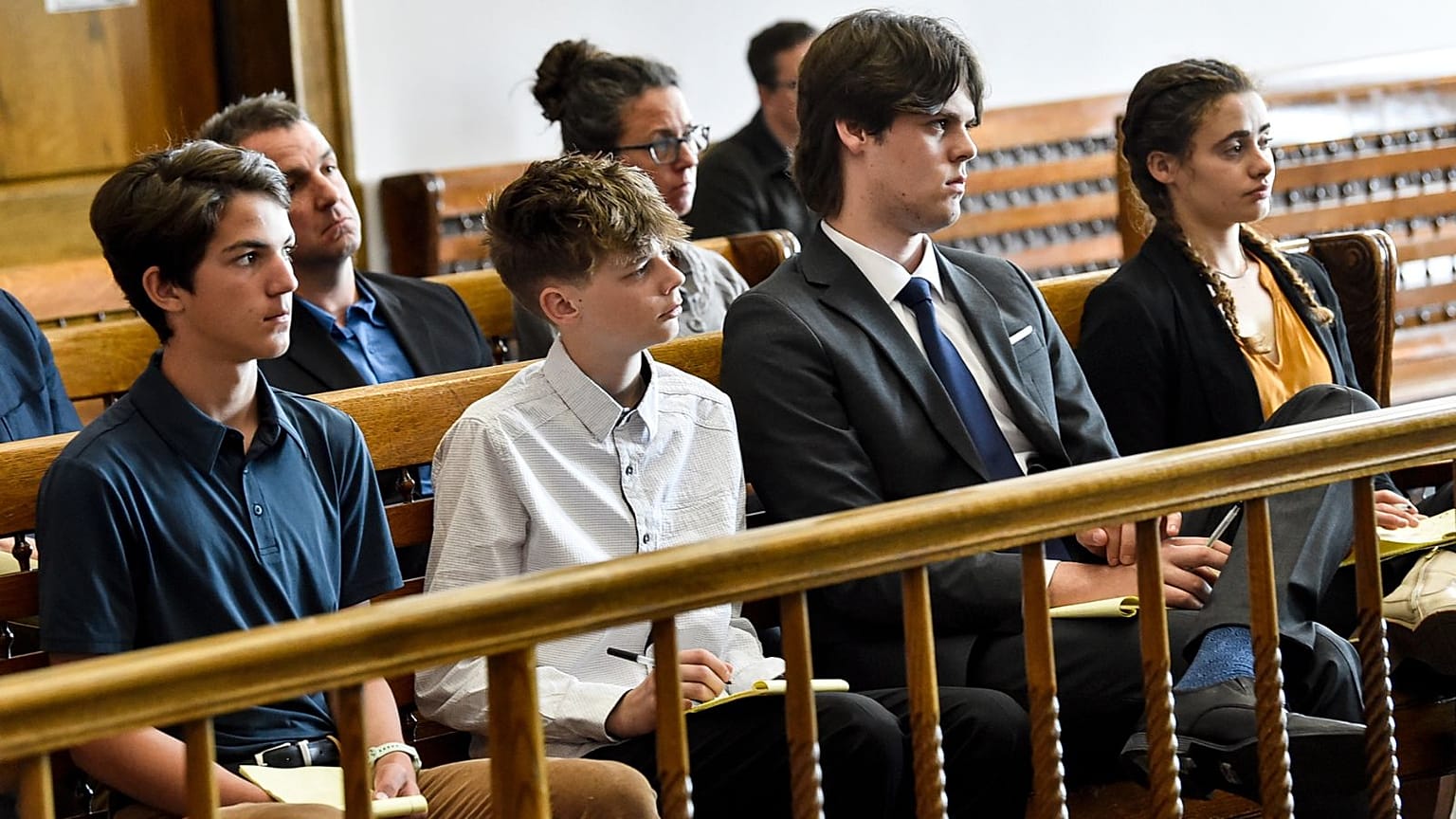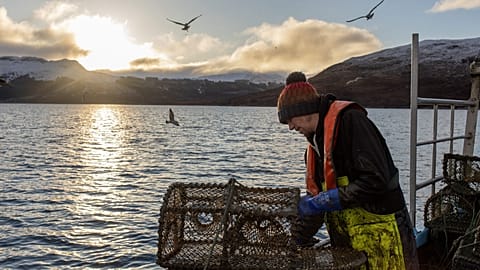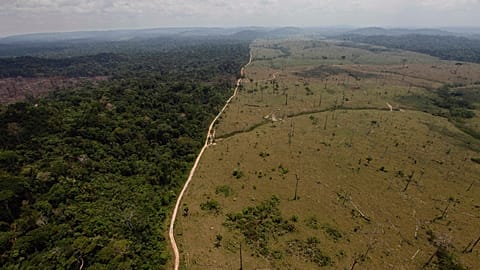The group say their lives are already being affected by climate change including worsening wildfires and drought.
In the first US climate case of its kind, a group of young Montana residents are taking the state government to court today.
The 16 plaintiffs, ranging in age from 5 to 22, allege that state officials violated their constitutional rights to a healthy environment.
Filed in March 2020, the lawsuit will mark the first-ever constitutional climate trial in US history, after dozens of similar efforts have failed to reach the courtroom.
From 12 to 23 June in Helena city, the young plaintiffs will try to persuade a judge that the state’s allegiance to fossil fuel development endangers their health and livelihoods and those of future generations.
A favourable decision could add to a handful of rulings globally that have declared governments have a duty to protect citizens from climate change.
Though experts say a youth win is unlikely to see immediate changes to policy in the fossil fuel-friendly state, it could set an important precedent in America.
Why has the case got so far in Montana?
One reason the case may have made it so far in Montana is the state’s Constitutional requirement that government “maintain and improve a clean and healthful environment.”
Only a few states, including Pennsylvania, Massachusetts and New York, have similar environmental protections in their constitutions.
The plaintiffs criticise state officials for their alleged failure to curb planet-warming emissions while Montana pursued oil, gas and coal development.
They cite smoke from worsening wildfires choking the air they breathe; drought drying rivers that sustain agriculture, fish, wildlife and recreation; along with reduced snowpack and shortened winter recreation seasons.
“I’m thrilled about this unique opportunity to lay out the whole story of how the government promotes fossil fuel development, how those policies exacerbate climate change, and how that in turn harms me and the other youth plaintiffs,” Grace Gibson-Snyder, a 19-year-old plaintiff, told the Guardian newspaper.
How likely is the Montana climate case to succeed?
Experts for the state are expected to counter that climate extremes have existed for centuries and that Montana makes "miniscule” contributions to global greenhouse gas emissions.
Carbon dioxide levels in the air this spring reached the highest levels they've been in over 4 million years, the National Oceanic Atmospheric Administration said earlier this month. Greenhouse gas emissions also reached a record last year, according to the International Energy Agency.
In the three years since the lawsuit was filed, the scope of the case has been narrowed to whether Montana's Environmental Policy Act - which requires state agencies to balance the health of the environment against resource development - is unconstitutional because it does not require officials to consider greenhouse gas emissions or their climate impacts.
Judge Kathy Seeley has said she could rule that the state's climate change exception in its environmental law is at odds with its Constitution, but she can't tell the legislature what to do to remedy the violation.


















